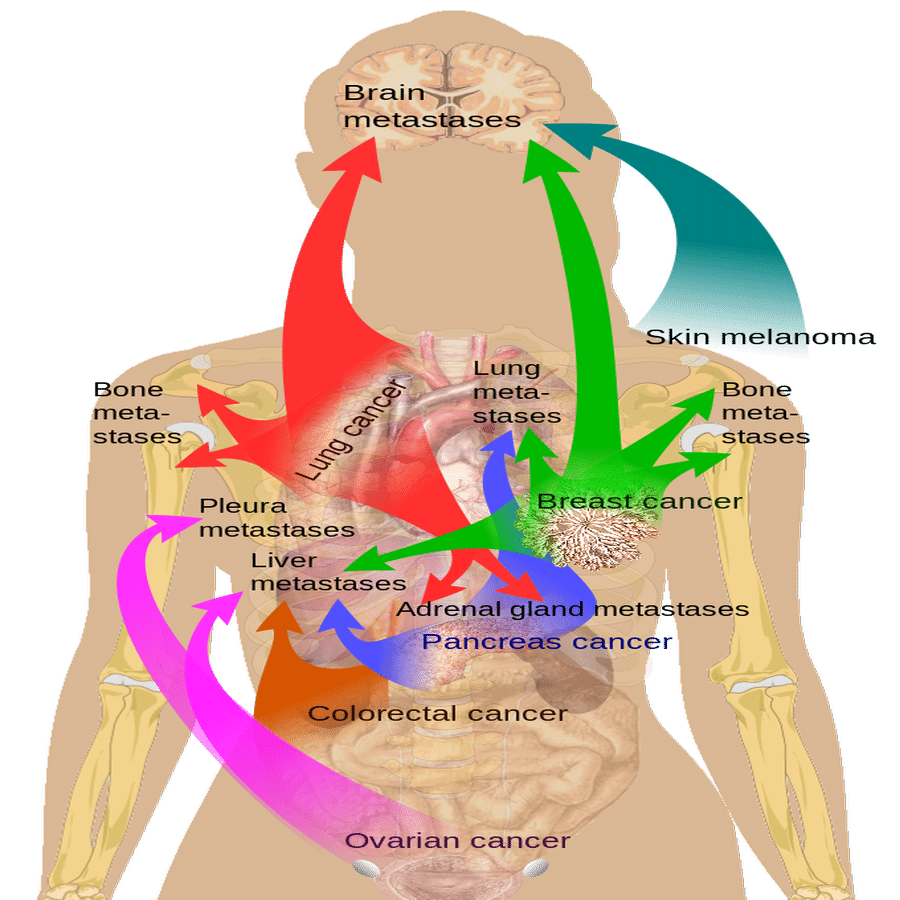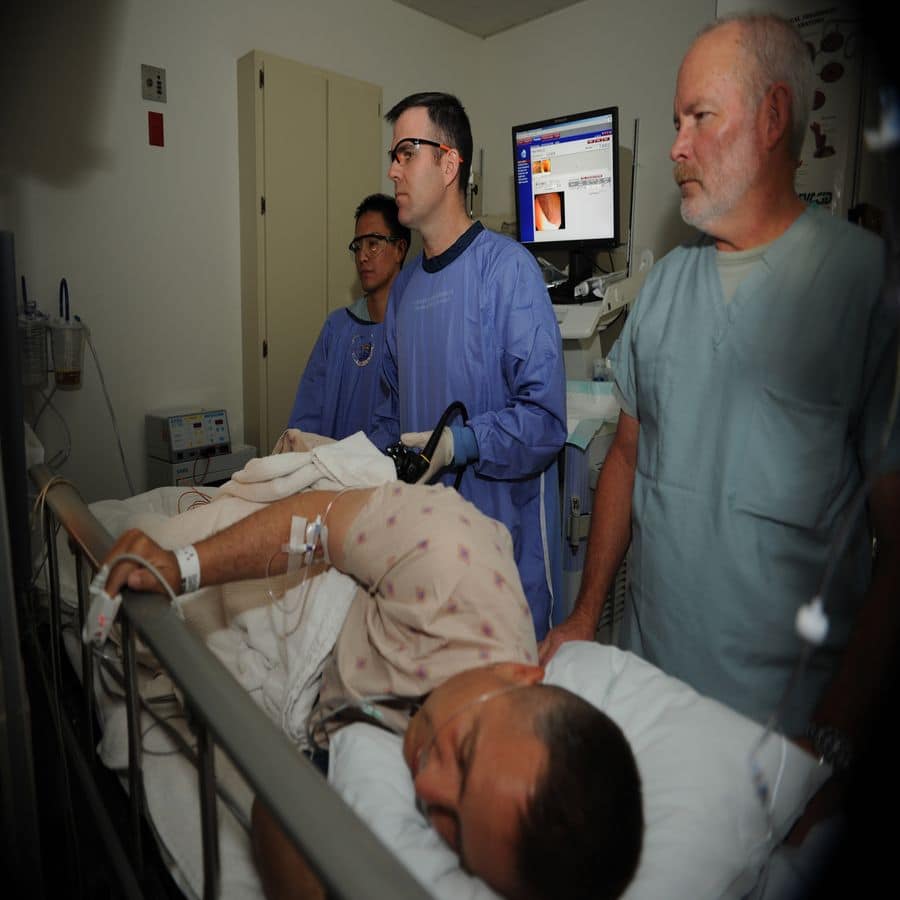Overcome Fears Associated With Colorectal Screening


Colorectal cancer is the third most typically identified cancer cells in African-Americans and its incidence and death rates are significantly higher compared to other ethnic groups in the United States. Perhaps, it is the lowest rate of screening engagement which is essential to the avoidance and very early detection of this disease. If precancerous polyps in the colon are identified early enough, clients could live usually without any additional treatment needed. Although screening is advised by the American Cancer Society and other reputable authorities, governmental agencies for individuals older than the age of 50, testing rates remain at the lower end of the scale, particularly amongst African-Americans and other people of color. This article will explore case studies identified to reverse these debilitating trends using clinical hypnotherapy and behavioral therapy.
Changing the Apprehension Towards Hypnosis Among Minorities
Participants in this case study included over two hundred African-Americans and Latinos that received a medical professional recommendation for a colonoscopy screening. In order to be considered for this study, each individual had to be either asymptomatic for colorectal cancer, age 50 or older, have access to a telephone, English or Spanish speaking, and self-identified as African-American or Latino. The majority of the participants were low-income with earnings less than $25,000 per year. Over seventy percent of the participants were women. African-Americans and Latinos were equally represented at fifty percent.
Gauging the discernment amongst African-Americans and Latinos with regard to pre-colonoscopy hypnosis was relatively low with only fourteen percent positively identifying with this method. Over thirty percent had an unfavorable section and the remaining group of participants had not formed an opinion.
The second objective of the study was to examine whether or not, market factors like age, gender, or race predicted African-Americans’ as well as Latinos’ understandings of making use of hypnosis prior to a colonoscopy. The outcomes showed that with each other race, age, and sex made up five percent of the variability, suggesting no clinically meaningful partnerships between these individual aspects and also assumptions of pre-colonoscopy hypnotherapy. Therefore, it was recommended that all minority people be screened in order to identify their assumptions of pre-colonoscopy hypnosis.
This existing study was the first to analyze African-Americans’ as well as Latinos’ perceptions of utilizing hypnosis prior to a colonoscopy. Researchers noted that future studies have to assess whether other populations like Caucasians or Asian-Americans are open to pre-colonoscopy hypnotherapy and whether minorities want to make use of hypnosis in other contexts.
Researchers concluded that pre-colonoscopy hypnotherapy still holds considerable assurance to minimize anticipatory distress as well as hence boost African-Americans’ and Latinos’ adherence to colonoscopy referrals, possibly resulting in a decrease in colorectal death. However, this population still holds varying understandings about making use of hypnosis in this method at the present moment. As a result, the scientists’ recommended that medical professionals continue to screen for African-Americans’ as well as Latinos’ perceptions of pre-colonoscopy hypnosis in order to inform scientific choices.
A Randomized Clinical Trial Understanding Apprehension Towards Screening Colonoscopy
In this case study, African-American primary treatment patients were referred for screening colonoscopy by their primary medical professional at a non-acute clinical health care facility at Mount Sinai between May 2008 and December 2011. African-American people over fifty years old without active intestinal symptoms, significant comorbidities, or a history of inflammatory bowel illness participated. Clients did not have to have actually undergone colonoscopy within the previous five years or have issues with various other forms of colorectal testing.
Would a culturally targeted message to prove beneficial? All of the facilitators were African-American to maintain racial concurrence. Each telephone call consisted of details concerning how cancer of the colon specifically impacts African-Americans and asked individuals about any type of ongoing medical problems. The telephone calls made by the facilitators likewise included their very own story of finishing their colonoscopy to model effective coping. In the control group, there was no mention of culture or obstacles. Everyone received details regarding the significance of colorectal testing as well as particular instructions for colonoscopy preparation.

Throughout the follow-up calls, the facilitators reminded participants of their appointments, validated invoice with forwarded details, evaluated digestive tract preparation directions, analyzed transportation demands, and provided education and learning and also assistance. They also rehashed their own colonoscopy experience.
Client navigating behavior had actually proved an effective intervention to raise colorectal screening rates. This research focused on anticipating end results of screening colonoscopy for colorectal cancer among African-Americans making use of different behavioral layouts. In fact, screenings were over seventy-five percent across all groups. Additional annual revenue over $10,000 was an independent forecaster of adherence as well. Researchers concluded that behavior modification successfully raised colonoscopy adherence, however, cultural targeting may not be essential in any populaces.
Using Clinical Hypnotherapy To Monitor Anxiety
In a clinical pilot research study regarding the advantages of incorporating hypnotic methods of relaxation for colonoscopy, six individuals were examined for colorectal cancer testing. The participants were referred by their family physician. Five male, as well as one lady, participated and their average age was fifty-eight years old. There were five Caucasians and one African-American.
Anxiety was examined by the Visual Analog Scale pre- as well as post-hypnosis and also during treatment. The pain was examined by the Visual Analog Scale throughout their colonoscopy. The hypnotic capability was evaluated by the Stanford Hypnotic Susceptibility Scale. Actions videotaped consisted of colonoscopy procedure time along with recuperation time.
Individuals receiving the hypnosis treatment checked in one hour before their appointment for the colonoscopy and ended a variety of questions as well as the guideline actions of stress and anxiety. Afterward, the clients joined a standardized hypnotic induction supplied by a psychologist educated in hypnotherapy. The hypnotic induction followed a transcript that lasted roughly twenty minutes. It consisted of tips for relaxing, ideas to deepen the relaxed state, in addition to pointers to visualize as well as for sensations of control.
Patients obtaining hypnotherapy were supplied with an audio recording of a hypnotic induction for relaxation, and also instructions in using the recording for hypnotherapy during their colonoscopy. Outcomes suggested a decrease in anxiety, post-hypnosis and during colonoscopy. Results offered rather persuasive evidence for the possibility of hypnosis administration of anxiety as well as pain throughout colonoscopy.
The CDC recommends colorectal cancer testing for many women over the age of fifty. Although colorectal cancer screenings can properly protect against and also detect cancer, a large section of the population does not undertake regular colonoscopy testing. Research suggests that distress could considerably impede a person’s adherence to colonoscopy referrals. There is ongoing research that continues to support the fact that clinical hypnotherapy and other alternative methods could effectively lower such distress.


